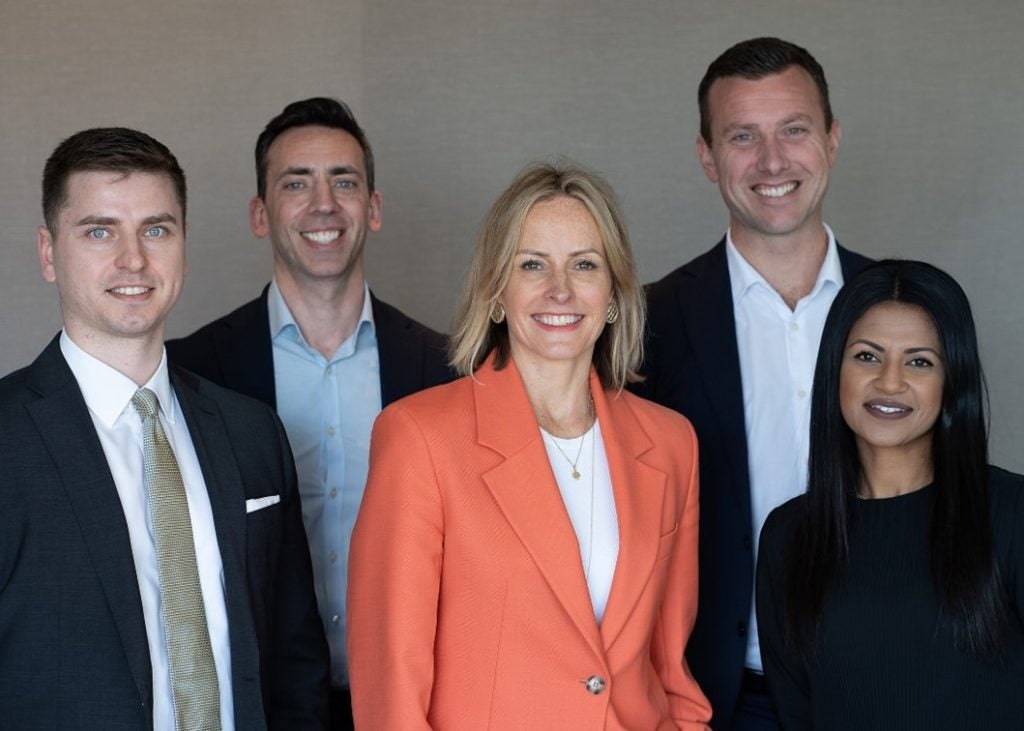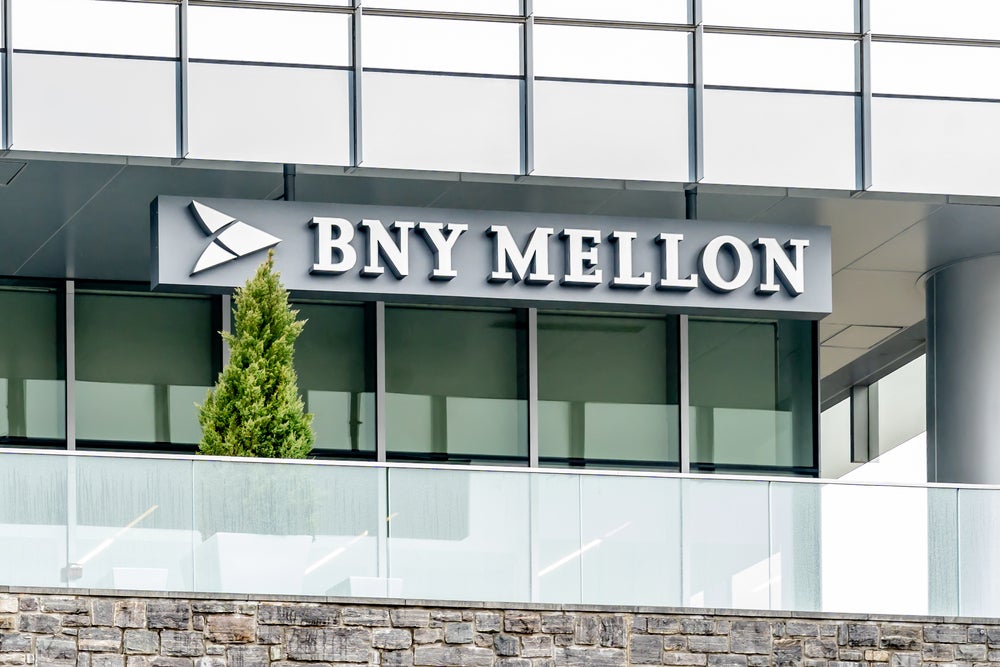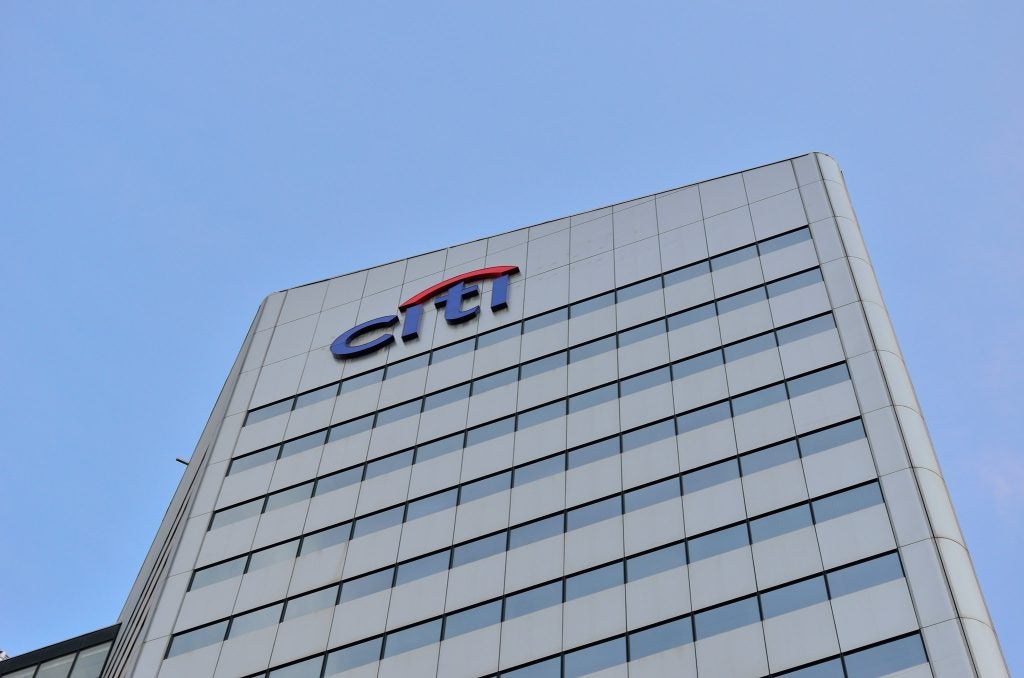Widespread disenchantment over the quality of advice
during the financial crisis means private banking could be
dangerously disintermediated out of the ultra-wealthy segment. At
the head of the UHNW hunting pack are multi-family offices who are
nipping at the heels of private banks.
 Major multi-family
Major multi-family
offices (MFO), like London’s Stonehage and Stanhope Capital, are
morphing into immensely influential institutions, taking on
ever-more powerful roles as trust, fiduciaries and investment
managers to the super-wealthy.
Conventional private banks are the
likely casualties of this wealth sea-change, many of which are
perceived as failing their clients during the financial crisis and
the resulting upheavals in investment markets.
Poor and expensive advice, coupled
with poor returns, has caused widespread disenchantment among the
rich.
But how different are these wealth
managers from their private banking rivals? And what difference
will they really make?
How well do you really know your competitors?
Access the most comprehensive Company Profiles on the market, powered by GlobalData. Save hours of research. Gain competitive edge.

Thank you!
Your download email will arrive shortly
Not ready to buy yet? Download a free sample
We are confident about the unique quality of our Company Profiles. However, we want you to make the most beneficial decision for your business, so we offer a free sample that you can download by submitting the below form
By GlobalData
Banks fail in risk
management
Stonehage executive director Andrew
Rodger does not mince his words.
“It is becoming clear that too
often the financial advisory industry did not concern itself
sufficiently with risks posed outside the investment portfolio,” he
says.
At Stanhope, which unlike Stonehage
focuses almost exclusively on the investment needs of its clients,
client advisory group partner Guy Paterson is equally
outspoken.
“[2008] was a watershed year with
banking clients experiencing permanent damage from hedge fund blow
ups, custody failures, structured products being frozen and
portfolios over exposed to risk,” Paterson says.
“In many cases this was made worse
by a failure to communicate as banks had built up their client per
staff ratios to maximise their profitability. There is a
disintermediation in process, where families seek a community of
interest with their asset managers.”
MFO
opportunities
 MaxCap’s newly
MaxCap’s newly
appointed chief executive Mohammad Kamal Syed says there are huge
opportunities for the multi-family office concept to make more
inroads from the wreckage of the financial meltdown.
“Wealthy families have been poorly
served by the private banks whose vested interests superseded their
clients,” he says. “This veil has finally been lifted by the
financial crisis.”
Family offices claim that this
fundamental realignment is making wealthy families much more
discriminating and careful before awarding advisory mandates.
Client distrust of
private banks
Stanhope’s Paterson says the
ultra-wealthy are rejecting the traditional private banking model
with high staff turnover and classic conflicts of interest.
He says this includes the excessive
use by private banks of in-house products, including structured
products, generally and the use of in-house custody. Rather,
families should have direct custody contracts with independent
custodians. And advice is often commission-driven or
non-transparent, Paterson claims.
As a result, there is a legacy of
distrust among families with private banking, where many players
have tarnished their reputations.
“There is certainly greater
scrutiny. The power of branding has diminished in this area,” says
Rodger. “Families want to perform serious due diligence on anyone
with whom they work. This is an extremely sensible attitude.”
Private bankers
respond
Private bankers are quick to reject
charges that family offices are superior in providing independent
advice, rather than being commission-driven product pushers.
 “I don’t accept
“I don’t accept
that we, the banks, should be the new whipping boys, like Gordon
Gekkos, exhorting a ‘greed-is-good message,” asserts Michael
Lagopoulos, the newly-appointed head of the ultra high net worth
(UHNW) operations of RBC Wealth Management.
“The biggest part of RBC’s wealth
operations is in acting as trustees and fiduciaries. Everything we
do for our clients is led with independent advice focusing only on
what is best for the client,” he says.
“Seen in this context, you have to
wonder why families add on an extra layer of costs [by going to a
family office],” adds Lagopoulos.
UHNW segment
growth
Still, it is clear that Stonehage
and Stanhope, along with other family offices have been rapidly
building up. Much of this expansion is driven by the growth in the
wealth of the UHNW segment. The 2010 Merrill Lynch/Capgemini
World Wealth Report showed the number of UHNW grew by
almost 22% in 2009, well above the global wealth average of
17%.
Stonehage now employs 330 staff
worldwide servicing more than 1,000 wealthy families. The company
does not release any public data on its advisory mandates, but
well-informed estimates are that it now advises on, or has under
administration, at least
$30bn.
Stonehage continues to develop its
proprietary multi-disciplinary offering, says Rodger. The range of
banks on its multi-banking platform has increased, as have client
numbers and assets under management in its investment advisory
business.
“Significant additions to the team,
especially David Reid Scott as chairman of our advisory business,
Kim Hillier as a director of Stonehage Investment Partners and Adam
Kerr as a director of Stonehage Property Partners have provided
further momentum,” he says.
Multi-jurisidiction
services
Rodger says Stonehage clients are
generally truly international families that are dealing with
cross-jurisdictional issues. He says they are often entrepreneurial
and seeking expert advice in managing risk across all their assets,
business, lifestyle and investment.
“Clients are not pressured into
taking up any service offering. Some clients use Stonehage solely
as a provider of expert fiduciary services or  investment
investment
advice,” he says.
“Others take advantage of a much
broader spectrum – adding multi-banking, aggregated reporting and
art management for example.”
So, how big can Stonehage become?
Will it evolve beyond a pure multi-family office into a broader,
more comprehensive trust and fiduciary powerhouse?
“We feel that a true family office
is genuinely multi-disciplinary because the risks that families
face are diverse and not just related to investment portfolios,”
Rodger responds.
“The distinction is between a
family office, like Stonehage, and a family investment office that
is only concerned with portfolio management. Stonehage is certainly
a provider of broad and comprehensive advice. Our view is that this
is essential for a true family office.”
Deposit tacking function
ruled out
Could Stonehage even assume banking
powers in order to conduct deposit taking and other functions like
financing for families for their own business or family
reasons?
“Stonehage is not a bank, but it is
a member of SWIFT interbank system,” says Rodger. “It has invested
heavily in developing a powerful multi-banking platform that allows
families to take a portfolio approach to treasury management
“This platform encourages a
disciplined approach to diversification and the management of
counterparty risk, but allows families to deal with banks on an
institutional basis. It also removes huge amounts of hassle and has
other benefits, including better risk and data management.”
Family portfolios are not only
effectively endowment funds for the future, but also can become
treasury funds for the present in a business crisis, Rodger
stresses.
“The problems of the last few years
were compounded because portfolio managers were not ready for their
clients’ businesses to require funding,” he says. “This meant
assets had to be sold at the wrong time to raise funds.”
“Furthermore, it was the most
liquid assets that required selling. Stonehage Investment Partners,
our investment advisory business, analyse the risks posed by family
businesses, and the hidden correlations with their other assets, to
mitigate concentration risk.”
Cost control a key
differentiator
At Stanhope, where the business has
built up to cover 60 families from 12 countries, cost-control is
another important role which family offices play. Keeping costs
down favours the economics of a full multi-family office rather
than a single-family effort.
The firm’s chairman, Daniel Pinto,
says that, on costs, a family trying to hire a proper investment
team would find it hard to justify the costs involved if it has
less than $500m of investable assets.
“Overhead is a key issue but it
goes beyond that,” Pinto says. “At Stanhope, we have been able to
negotiate group discounts for our clients on fund fees [we
negotiate significant rebates on the funds we select and pass them
on entirely to our clients], custody and transaction fees.”
 Pinto says a
Pinto says a
client with $50m under management with Stanhope, deposited with one
of its preferred custodian banks, is likely to pay much less in
terms of custody/transaction fees than a single family office with
$100m deposited with the same institution.
Product development ruled
out
Controversially, some family
offices are known to have started manufacturing in-house investment
products because of the poor performance of private banks.
Stonehage and Stanhope rule out this option.
“Stonehage Investment Partners does
not sell products, just independent investment advice. Some private
banking models are different and based principally on product
sales,” says Rodger.
Stanhope’s Paterson echoes the
purist approach.
“It is part of the definition of an
MFO that it has no in-house product at all,” he says. “The process
depends on total product independence.
“The impact of being able to buy
the best investment funds globally is, naturally, superior
investment performance. This, together with the impact of high
staff to client ratios and long-term alignment of the firm with its
clients, leads to loyal clients and growing client numbers.
“This may explain why the private
banks feel threatened by MFOs.”
MFOs hone in on
super-wealth
Paterson believes that his type of
firm will stay focused on the super-wealthy.
“MFOs are for the cognoscenti,” he
adds. “We should not delude ourselves that the marketing strength
and captive client base of the banks will fail to draw in the broad
mass of wealthy families. But the cognoscenti know where to find
something better.”
The last word goes to Stanhope’s
Pinto.
“I would say that MFOs are
increasingly perceived as bringing to wealthy families the best of
both worlds: the transparency and dedication associated with a
family office with the expertise of an institutional investment
firm,” he concludes.
“The sector has grown substantially
over the past 10 years but the 2007-09 crisis was a catalyst.
“Suddenly, status quo was no longer
an option. Wealthy families, who were aware of the conflicts of
interest of banks but had coped with them for many years, had to
take action. Some of them have gone for the single family office
approach, but most have seen the benefit of the MFO model.
“I suspect this will be one of the most important trends in
wealth management over the coming decade.”







